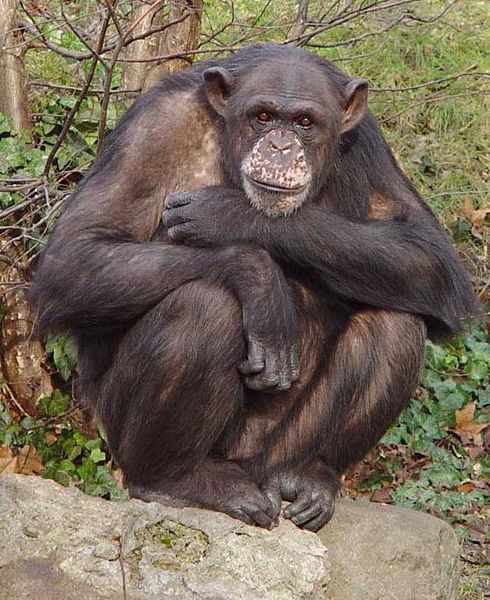A population survey of West African chimpanzees living in Côte d’Ivoire found 90 percent fewer animals than 18 years ago. The remaining few are highly fragmented, with only one viable population living in Taï National Park.
What’s happened? Well, the human population in Cote d’Ivoire has increased nearly 50 percent in 18 years. Add to that a civil war since 2002, and the end of surveillance in the protected areas, and, voilà, the sad end of our closest relatives.
Côte d’Ivoire was one of the final strongholds for West African chimps. Geneviève Campbell of the Max Planck Institute for Evolutionary Anthropology suggests their status should immediately be raised to critically endangered on the IUCN Red List. The study appears in Current Biology.
This is one of those days.
Julia Whitty is Mother Jones’ environmental correspondent, lecturer, and 2008 winner of the Kiriyama Prize and the John Burroughs Medal Award.
















